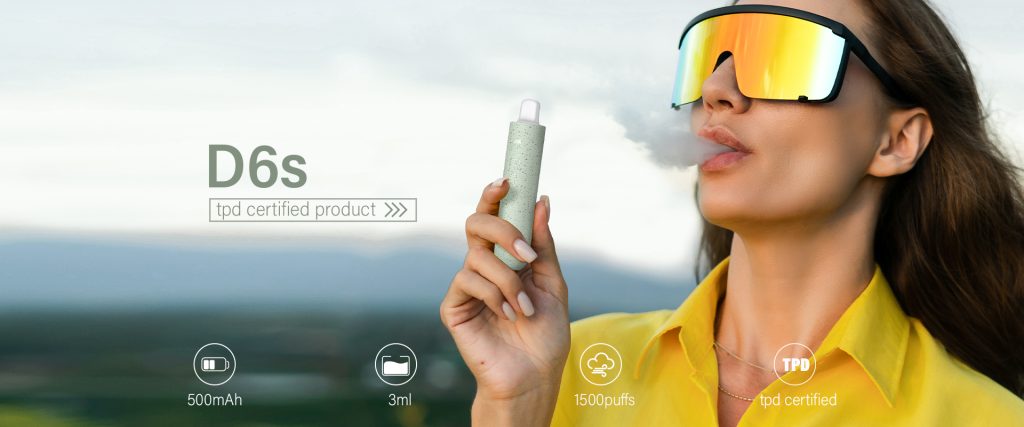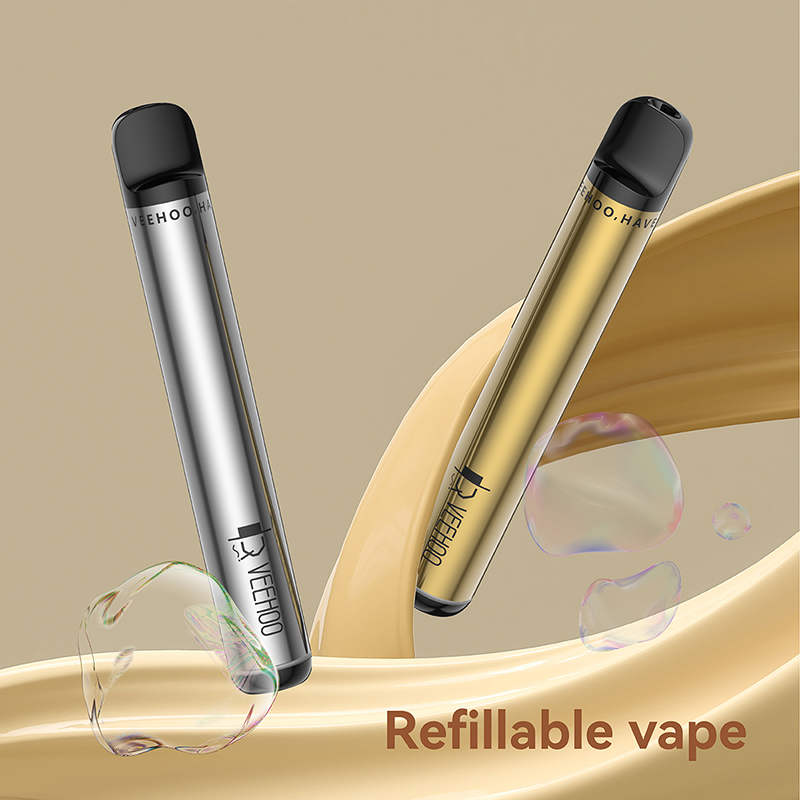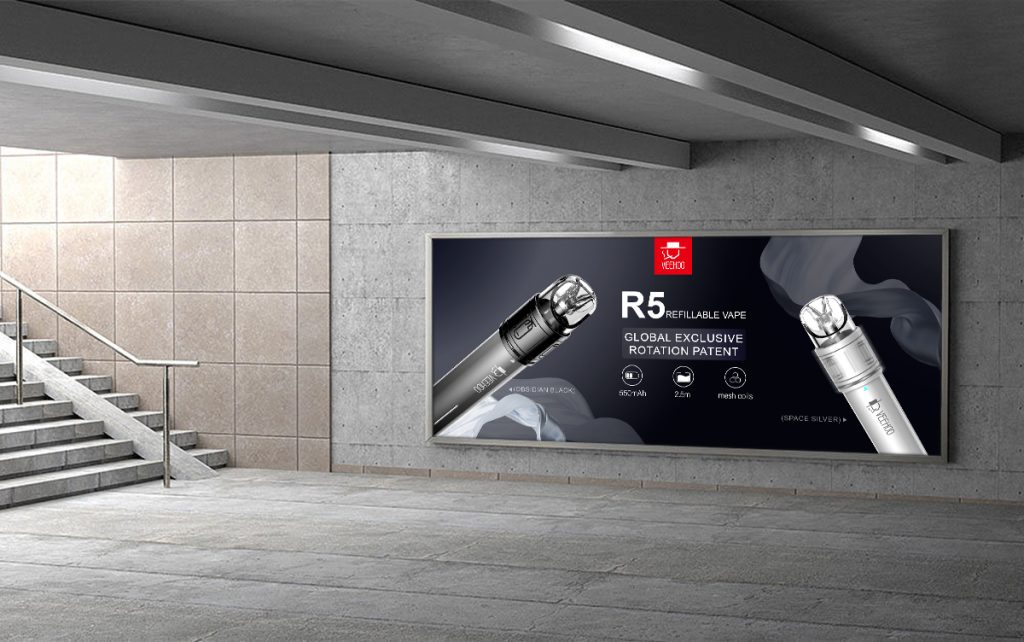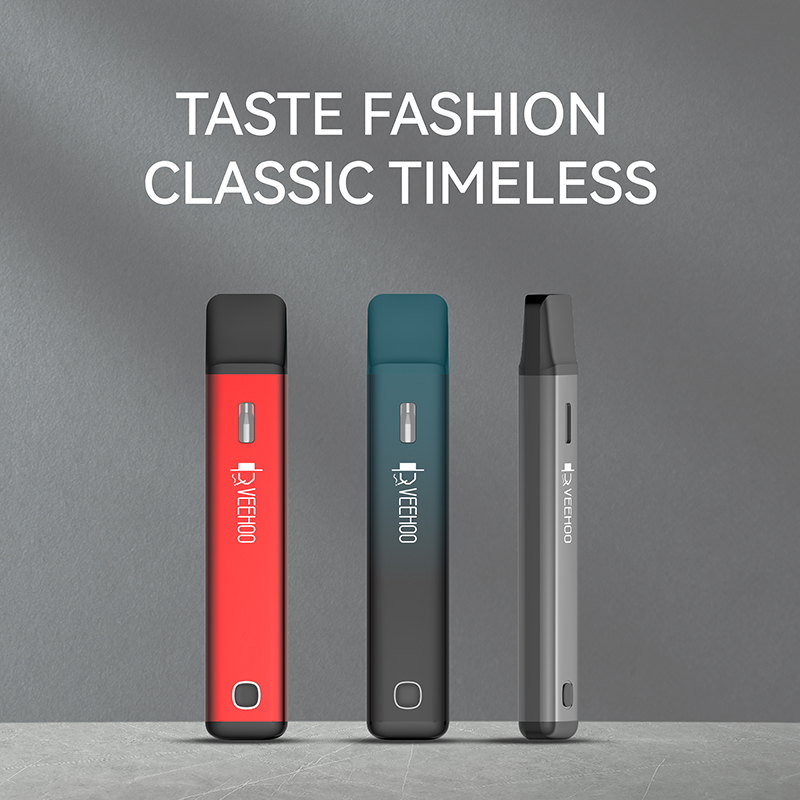Recently, the Wall Street Journal reported that Juul, the second largest vape manufacturer in the United States, plans to lay off about 30% of its employees to reduce operating costs. Previously, Juul cooperated with Jefferies Financial Group, hoping to raise US$1 billion in financing to ease its financial situation. In June last year, the U.S. Food and Drug Administration (FDA) ordered Juul to stop selling its vape products in the United States. Although the ban was later suspended, the company’s situation has deteriorated sharply since then, and its financial situation is in danger.
Since its birth in 2015, Juul has risen rapidly in a short period of time, swept the US market like a storm and continued to expand, but then declined rapidly. Altria Group’s investment valuation of Juul in its 2022 financial report is only US$250 million, a 98% reduction from when it acquired the company in December 2018, and the total valuation of Juul has also dropped from a maximum of US$38 billion to US$7.14 One hundred million U.S. dollars. Altria invested US$12.8 billion in Juul in December 2018, acquiring a 35% stake in the latter. This former vape giant was once a unicorn leader that was on par with the world’s best companies such as Airbnb and Uber. How is it doing now?

Juul’s U.S. market share is only half that of Vuse
According to Nielsen’s convenience store data report, in the first half of this year, British American Tobacco’s vape Vuse’s U.S. market share increased from 41.5% in the previous report to 42.7%, while Juul’s dropped from 26.4% to 25.6%, only half of Vuse’s. about. And the gap is widening in both monthly and annual comparisons. As of now, in the U.S. vape market, Vuse ranks first with 42.7%, Juul ranks second with 25.6%, and NJOY ranks third with only 2.8%. At the peak of Juul’s expansion and development, Juul occupied 74.6% of the U.S. vape market in May 2019.
The rise of Juul’s biggest competitor, Vuse, has accelerated its decline. Vuse can be said to have taken advantage of Juul’s severe regulatory ban to seize the U.S. market. Moreover, Vuse is the first atomized vape brand authorized by PMTA. As early as October 2021, the FDA authorized three vape products of British American Tobacco’s Vuse to be authorized by PMTA. In May 2022, two more products will be authorized. PMTA, the full name is Premarket Tobacco Application, which is a pre-market tobacco product application.
Vuse is actually a brand of Reynolds Tobacco, a subsidiary of British American Tobacco, and is backed by the second largest traditional tobacco company. The capital behind the biggest competitor is British American Tobacco, and Juul, which has been abandoned by capital, will definitely be difficult to resist. In addition to the strong capital behind it, Vuse also far surpasses Juul in terms of official recognition, media public opinion image and social evaluation.

Was “officially” completely abandoned by the financial owner Altria
In the first half of this year, Altria officially announced its withdrawal from Juul, exchanged 35% of its equity for heat-not-burn (HNB) intellectual property, and began to enter the heated cigarette market. Altria CEO Billy Gifford said: “We believe that exchanging ownership of Juul for intellectual property is the right path for our business decision. Juul faces significant regulatory and legal challenges and is highly uncertain. And these uncertainties are likely to remain for many years.”
In 2018, Altria spent US$12.8 billion to invest in Juul, which became a big news in the vape industry. Juul was once called the “Apple” of the vape industry. It took three years to realize its valuation from 0 to 38 billion U.S. dollars, and another three years to fall from 38 billion U.S. dollars to today’s 714 million U.S. dollars, a cliff drop of 98%. . From being unknown to climbing to the top, there was no difference in scenery for a while, and then fell to the bottom again, until now. Last year, Juul’s business development suffered setbacks due to the FDA’s nationwide sales ban, which caused the performance of Altria’s vape sector to continue to decline.
After abandoning Juul, Altria found a new vape alternative-NJOY, which currently ranks third in the U.S. market share. In the first half of this year, Altria completed the acquisition of NJOY for US$2.75 billion and implemented its business promotion plan for NJOY in the second half of the year. In fact, Altria began to contact NJOY last year because some of NJOY’s products have passed the FDA’s PMTA authorization. In Altria’s view, NJOY has a relatively clean background and has more investment than Juul in terms of social recognition and development prospects. potential.

Develop silently and submit new product PMTA application to FDA
But in fact, Juul has not been completely flat this year and has been developing in a low-key manner. In July this year, Juul submitted a PMTA application to the U.S. FDA for a new vape product line called the “Juul 2 System.”
The company said its new product range submission includes new smoking devices and tobacco-flavored cartridges with a nicotine concentration of 18 mg/ml. The application materials include comprehensive scientific evidence materials, as well as information about new data-driven technologies to restrict use by minors. . This product also has a new age verification function. Juul is trying to win PMTA authorization from the FDA through a series of design improvements including age verification. According to reports, the new device will use selfies for verification. Purchases of the company’s devices require identification and photos. Only if the user’s identity is successfully verified, the device can be unlocked via Bluetooth.
“Juul’s DNA is product innovation,” chief product officer Kirk Phelps said in a statement. “With our new generation of products, a technology solution is designed for two public health problems: helping adult smokers switch from combustible cigarettes to tobacco-flavored vaping products that limit exposure to minors. This is developed for the U.S. market and overseas markets and the beginning of improved new technologies to reduce the use of combustible cigarettes and combat access and use by minors.”
Juul electronic cigarettes have risen rapidly in a short period of time, but have quickly declined due to their controversies and health problems. In response to this phenomenon, Veehoo vapes, as a brand with ten years of vape factory experience, has always been clear about the right direction of development, focusing on product quality, health and sustainable development, and actively participating in regulatory compliance to ensure long-term and stable development.

summary
For creating the “vape epidemic” among young people in the United States, Juul faced thousands of compensation lawsuits from more than 40 states across the United States. In March this year, it finally reached a settlement and agreed to pay more than $1 billion to resolve these states’ claims. Juul accusations. In addition to its lawsuits with states, the company last year agreed to pay $1.7 billion to resolve thousands of lawsuits filed by local entities and individual consumers. Juul even reported bankruptcy last year, but later avoided bankruptcy and liquidation with the help of some early investors.
Juul’s original sin was its massive capital expansion, Internet celebrity promotion, and wide range of flavors. It was accused of “fueling the craze of vapes among minors.” This series of original sins is the secret of his rapid expansion and the reason why he suffered strong supervision and then declined. From the perspective of the global new tobacco market, Juul’s presence is getting lower and lower, and it is still at a trough. In the past year, Juul has been restraining its edge and developing in a low-key manner. There is nothing wrong with stepping down from the limelight and becoming a niche brand. Being regarded as a key regulatory target by the FDA authorities, being overtaken by competitors, abandoned by investors, and subject to sky-high lawsuits, it is no longer easy for the company to survive now.
Tags: Juul vape sales banned,Current status of juul electronic cigarette,veehoo vape
